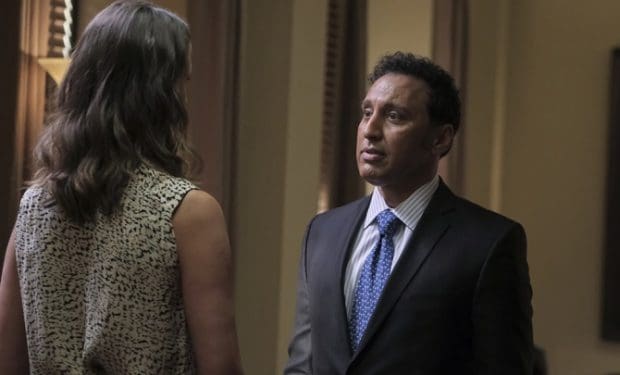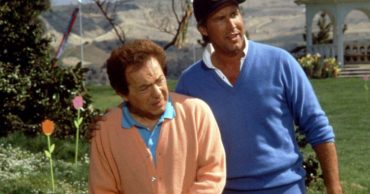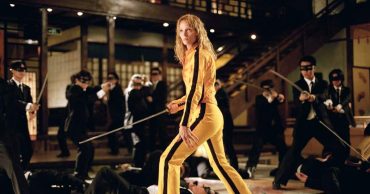
Aasif Mandvi is the kind if person that is not defined by his skin color, where he was born, or even the culture he follows. Instead he’s the type that’s defined by what he does, says, and believes in, you know, an average person that just wants to experience life and not get hung up on the personal details that some people use to define others. In many ways he’s the typical person that just wants to have a good time in life and do what he loves without the needless drama, and for the most part he does it well. He acts because he enjoys it, but he recognizes the stereotypes and the propensity of those around him to be cast into certain roles due to where they come from, what they look like, and how they act. While he doesn’t seem to have a massive issue with it he definitely seems to prefer being judged by his merit more than his looks.
That sounds pretty normal. Here are a few things you might not have known about Aasif.
10. He’s published a book.
The book is a collection of personal essays titled No Man’s Land. It’s interesting to find out what skills actors can produce aside from their talent in front of the camera and on stage. Many of them seem to possess a wide variety of talents.
9. He was in The Internship.
When two older gentlemen that have lost their jobs make their way to Google to complete an internship it becomes a cause for hilarity since their old-school methods are kind of dated and not always relevant to the position. And yet they bring more life experience than any three people that are trying to get the job.
8. He performed a one-man show on Broadway.
This was the first Broadway show to be written by a South Asian American and it went off pretty well since he’s quite an actor and capable of doing more than a passable show all on his own.
7. He was in Million-Dollar Arm.
Sometimes you have to treat people like people instead of a business deal no matter how hard it is to close that deal. J.B. and Ash learn very quickly that the two Indian boys they want to sign to the MLB are not going to suddenly snap to attention and be perfect, and will have to be treated like human beings if they want the best results.
6. He majored in theater in college.
This doesn’t come as much of a surprise and shouldn’t since it seems as though Aasif wanted to be an actor for quite some time and was willing to take the necessary steps to reaching his goal.
5. He was born in India but never really lived there.
Aasif does enjoy his culture but he doesn’t practice it nearly as much as some might think. He’s been an American for so long that this has become a big part of his culture and while India is his birthplace it’s not necessarily his home.
4. He admits to being less than a great representative of Muslim-American culture.
He’ll be the first to tell you that he’s been in more bars than mosques as he’s enjoyed his life and had a good time with what he considers to be his culture and his way of looking at things. Just because someone belongs to a different culture doesn’t mean they can’t enjoy another.
3. He notes that because of one’s skin tone the roles in Hollywood are often very stereotypical.
Basically if you’re brown and Indian, in his opinion, you’re more likely to be cast in an intellectual role. This isn’t off the mark actually since it’s very prevalent in many films and TV shows. It’s not right but so long as the person can actually play the role it’s not entirely wrong either.
2. He’s a big fan of peanut butter.
When he was much younger his friend’s mother made him a peanut butter sandwich and he fell in love with the stuff. He’s admitted, jokingly, that he would even eat peanut butter on a steak if someone gave it to him. At least we hope he’s joking right?
1. His philosophy is that the artist never really has control over their work.
This is a great philosophy since it’s not arrogant but it’s not passive either. It’s realizing that the artist is a part of the work but never has full control, meaning there’s no dominant artist in the world that can fully accept total control over their work. In this manner the work remains fluid, changing, and not bound by anything other than its own nature to adapt and flow as it will.
It’s the responsibility of the actor, or artist, to realize this and flow with it. That’s a great philosophy to be honest.
 Follow Us
Follow Us




